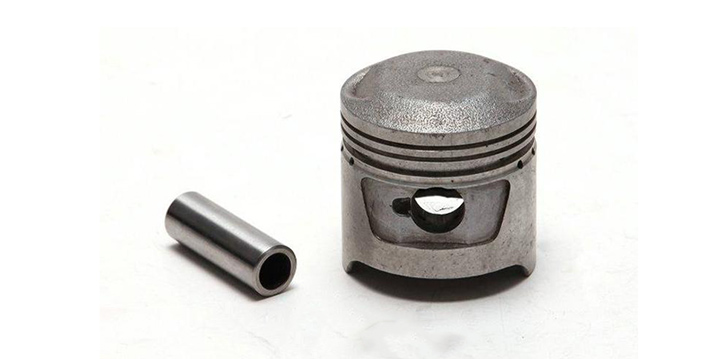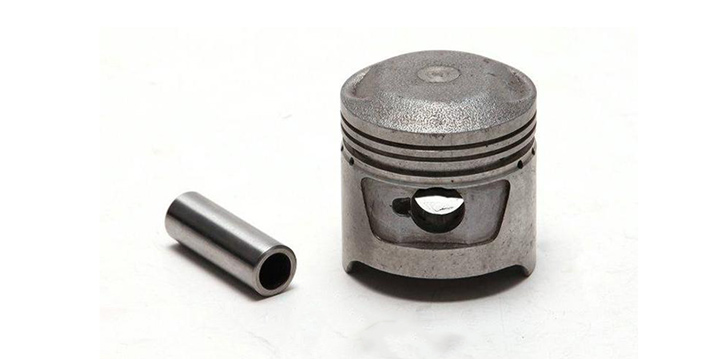- Contact Innally, Let you purchase forgings in China more favorable prices, products more assured!
- Hotline:+(86)15038323776 Email:innally@innally.com
What is locomotive piston forging?
- Category: Locomotive forging, Steel forgings
- |
- Date: 16/08/2023
Locomotive piston forging is an important part of locomotive engine, which belongs to high precision and high strength mechanical forging. It connects the piston and connecting rod and plays a key role in transmitting power and compressed gas.
- Customized to meet different customer needs
Product Details
Locomotive piston forging is an important part of locomotive engine, which belongs to high precision and high strength mechanical forging. It connects the piston and connecting rod and plays a key role in transmitting power and compressed gas.
As one of the core components of locomotive engine, locomotive piston forgings bear great pressure and impact force, but also need to maintain stable operation in high temperature, high pressure and high speed working environment. Therefore, locomotive piston forgings need to have excellent strength, wear resistance, high temperature resistance and corrosion resistance.
The manufacturing process of locomotive piston forgings is very complicated and needs to be completed through many processes. First of all, when selecting raw materials, it is necessary to choose high carbon steel or special alloy steel to ensure that the product has high strength and good wear resistance. Then, the steel is forged by special processes such as hot forging and cold forging to improve its grain structure and improve the strength and toughness of the product.

Next, the locomotive piston forgings need to be precision machined, using precision CNC machine tools and grinding equipment to ensure that the size and surface quality of the product meet the design requirements. Subsequently, the heat treatment process is carried out to achieve the best organizational structure of the forging and improve its wear resistance and high temperature resistance. Finally, through surface treatment technology (such as chrome plating, spraying, etc.), improve the surface hardness and corrosion resistance of piston forgings.
The importance of locomotive piston forging cannot be ignored. It connects the piston and the connecting rod, and converts the pressure generated by the engine into the motion force of the connecting rod, and then drives the locomotive to run. At the same time, the stable operation of locomotive piston forgings is very important for the normal operation and efficient operation of the engine. It not only needs to withstand the huge force from the engine, but also to maintain stable performance under extreme conditions of high temperature, high pressure and high speed to ensure the safe and reliable operation of the locomotive.
In the railway traffic industry, locomotive piston forgings play an important supporting role. It not only affects the performance and life of locomotive engine, but also directly relates to the safety and operation efficiency of railway traffic. Therefore, the development and manufacture of high-quality locomotive piston forgings is of great significance for the railway transportation industry, which provides a strong driving force and power output for the locomotive, and promotes the development of the railway transportation industry.
ayu
INNALLY mainly provides you with various types of cast and forged parts products. Welcome your inquiries! innally@innally.com
Related Products
Search
Forging center
- Steel forgings
- Aluminium alloy forging
- Titanium alloy forging
- Stainless steel forging
- Copper forging
- Automotive forgings
- Locomotive forging
- Bicycle forgings
- Motorcycle forging
- Rigging and fasteners
- Bearing forging
- Electric power fittings
- Marine forging
- Mechanical forgings for metalworking
- Mining machinery forgings
- Marine engineering forgings
- Construction machinery forgings
Popular product

© 2025. All Rights Reserved.







